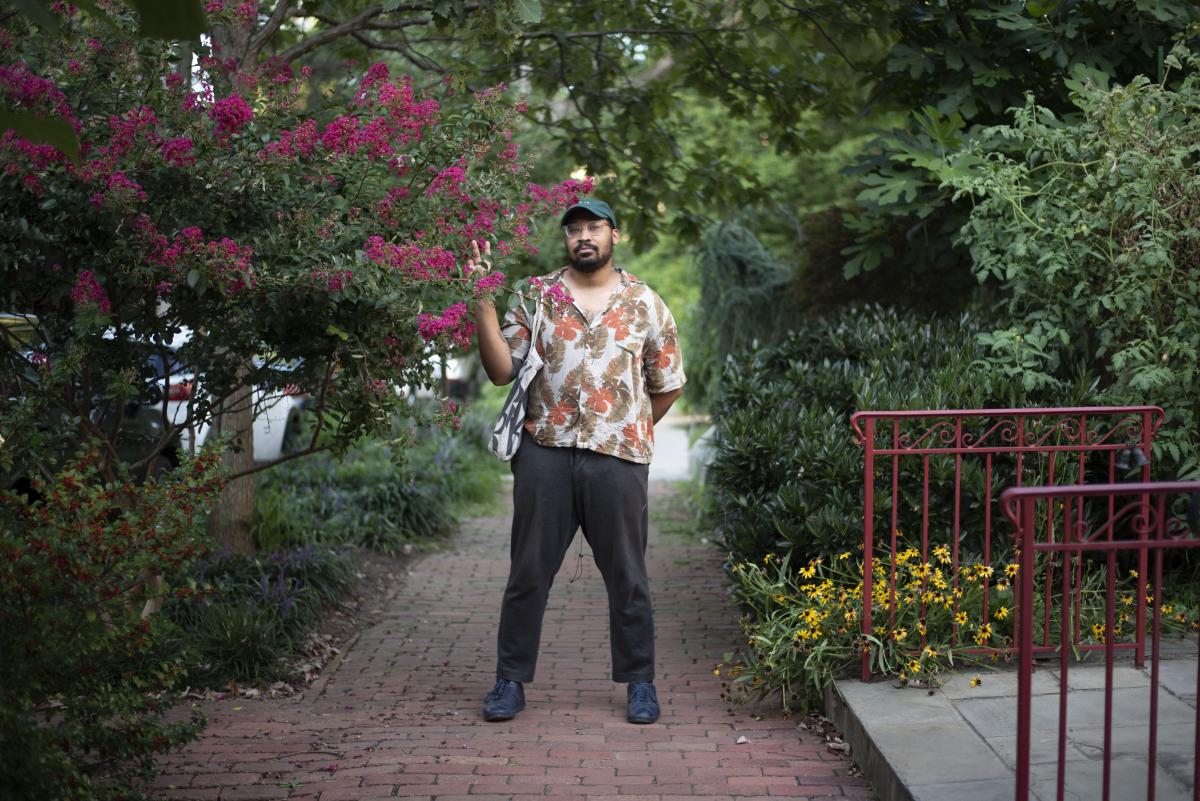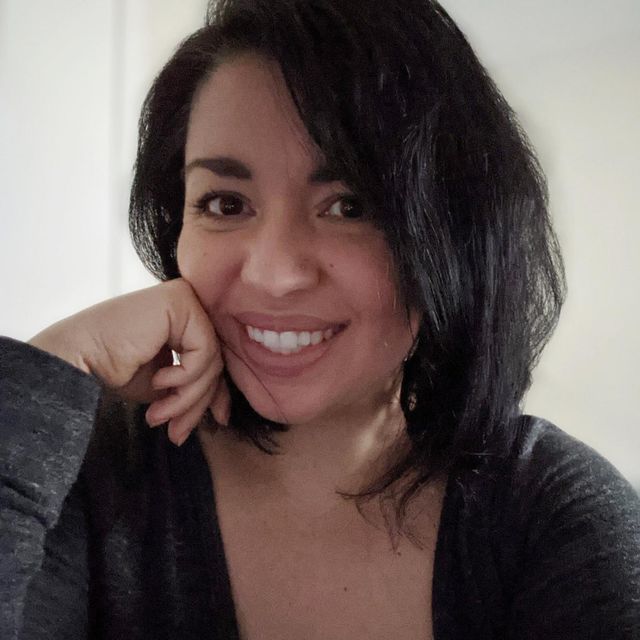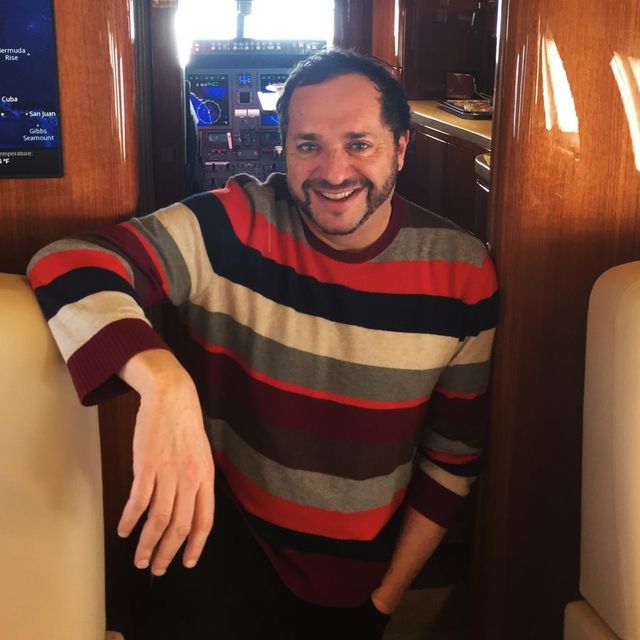From 2011 to 2020, SAAM hosted Luce Unplugged, a free, monthly concert series that celebrated the work of local musicians in its Luce Foundation Center. Since in-person events have been restricted during the pandemic, we teamed up with a local music podcast, Hometown Sounds, to continue to bring you music and conversations from your favorite DC artists. In our July episode, Bartees Strange warns us against creating musical silos and describes how DC’s rich legacy of Black musicianship shaped his goals and his worldview. To hear the full interview visit hometownsoundsdc.com.
Hometown Sounds: You’ve been outspoken against applying genre labels to your music. What's your motivation for escaping genre? How do you think it affects your place in the music landscape?
Bartees Strange: I just never thought of it that way. Someone wrote something a while ago that was like, “Bartees Strange is breaking genre barriers.” I don't feel like I'm breaking anything. I feel like my music is like a museum. I like to look at a song and trace the line all the way back. I hear the Ramones and I'm like, where did that come from? A lot of this stuff is blues. A lot of this stuff is country music. Especially the emo music that I grew up playing. I remember having the realization that, oh my God, a lot of this is just sitting on a C chord. It feels very Garth Brooks to me. Very Woody Guthrie.
All this stuff is so much more connected than we like to admit. I moved around a lot, and I listened to a lot of music. When I made music, I just made a compilation of the things that I loved. I feel this kind of loss, as genres have been created. I feel like we've forgotten the roots of why things sound the way they do.
A lot of [rock music] is steeped in Black Western art. Rock and roll, guitar-based music comes from a very Black place in America. I always thought, why don't we have more big, Black rock bands? It feels like that would be pretty normal. If you look in the seventies and eighties—Parliament Funkadelic, Bootsy Collins, Rick James—these guys are big rock stars that were given a funk moniker to sidestep them. I think that that has had a huge impact on how we see Black contributions to the guitar-driven rock and roll space.
When I write songs or when I present these ideas, it's not because I want to supersede genre or classification. It’s because I want to be real about where it came from and say, let's talk about why the guitar sounds like that. Where's that from? Let's follow it all the way back. I think it makes music better. Also, most people aren't one genre. I think most people listen to a lot of things and feel a lot of ways and aren't living black-and-white lives. Music should reflect that.
You just expressed enthusiasm for people trying out different things. What's something new that you think everyone should try, at least once?
I think everyone should write songs. I think anyone can write a song. I really do. I think a lot of people have barriers to the creative process, but that working through those barriers can be illuminating. I think most people don't see themselves as artists or songwriters or whatever, but it's just music. I was just talking to my band about this last night. It's just music. Of course, I've had a lot of experience making it, but the more I make it, the more I see the bones of it, the more I see that vulnerability is key. People are just so self-conscious. I think that getting through some of that can be helpful in so many walks of life.
You've spoken in the past about your gratitude to Chad Clark of Beauty Pill. Tell us more about how he helped you find your feet as a musician in DC. Were you a fan of Beauty Pill growing up?
Oh my God, dude. Chad Clark is the freaking greatest. He's seriously the greatest. A living legend. Shout out to that guy. He has, more than he knows or would admit, been a major positive force in my life. I first found out about Smart Went Crazy when I was in middle school. I was reading zines and boom there's Chad. I was like, who's this Black guy with a guitar in DC? At the time, I was really trying to figure out who I wanted to be. I was hyper influenceable, like a 13- or 14-year-old kid would be, and I lived in an all-White, rural town, Mustang, Oklahoma. I didn't know who I was or how I fit in the world.
Then I saw Chad and I remember thinking, oh, this is an option, you can do this. And then I saw Tunde Adebimpe. And then I saw Bloc Party. I was like, oh my God, these guys look like me and they're doing this thing that connects with me. When it came time for me to choose a place to live after I had dropped out of college, DC was my first pick because of Smart Went Crazy and Beauty Pill and Bad Brains and Chuck Brown. I was like, there're all these Black artists that are doing stuff in DC. I want to be a part of that. That was largely why I moved here.
Chad and I, over the years, have become buddies. I'm grateful for that dude. Up until September of last year, I had a very full-time job. I was making records in my spare time and playing in bands and touring all my vacation days away. Chad and I had dinner once and he was like, “I'm gonna help you find a studio.” He hit up all these studios in DC and introduced me and said, “Yo, you should hire this guy, he's good.” No one had ever taken that initiative in helping me with my music, no one that was older than me and had actually done something with their musical life. It was a big deal to me, and it still is. I'm literally working on my next album in the place that Chad secured for me. It wouldn't have happened without Chad.
When you transitioned to working in music full-time, you chose to stay in DC. What makes DC a significant place for you to live and work?
Well, all the reasons why I wanted to move here in the first place. Also, I have a little bit of an underdog complex. I think that it's because I grew up in Oklahoma. Oklahoma is like the little brother of Texas and always gets dunked on. There’s this Oklahoma pride kind of thing. In the music space, you've got New York, Philly, Nashville, LA, Atlanta for hip hop, Miami for the dance stuff, Detroit has their house thing, but people gloss over DC all the time. There's a tremendous amount of history that has happened, and continues to happen, here. There are some serious, heavy, heavy, heavy, heavy, heavy, heavy hitters here. I was like, let me add to that. Let's make a record here. Let's play shows here. Let's do the thing here and remind people of the history. There's also this Black connection, DC being one of the few majority-Black cities. I think it's beautiful that I can make rock music here. It's rad.
Your song, “Mustang,” includes the lyric, “I just wait for my horses now.” What are the horses?
Well, it's a weird country saying, like, sometimes your horses run away, and you can't chase them. You just got to wait for them to come back. I was thinking about the things I was learning in New York at the time, all these things I just can't control.
I was working in a job that I really couldn't leave, but I really didn't like. I was trying to come to grips with this new person that was becoming, versus the values I had obtained growing up in Oklahoma and in a very conservative place. A lot of self-hate and self-doubt. I was acknowledging that there are a lot of things that I'm working through right now.
They're just going to take a lot of time. The chorus [of “Mustang”], “is anybody up for this one?” is asking if people will accept me for being me, for being the person I want to be. Am I always going to have to keep pacifying myself so I can fit into whatever social structure or professional structure that exists? So, in saying “I just wait for my horses,” I was saying, yeah man, we'll just see what happens.





















